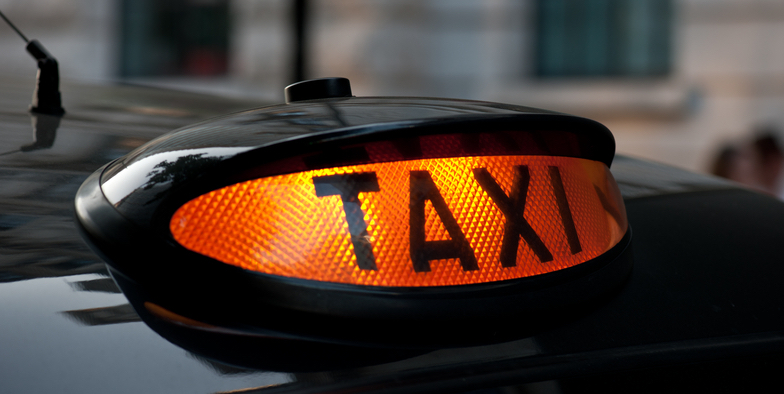Taxi and Private Hire Vehicle drivers could face fines of up to £1,000 if they fail to provide reasonable mobility assistance to disabled passengers taking a pre-booked vehicle, under new laws which have just come into force.
The new legislation is designed to ensure that the 13.7 million disabled people in England, Scotland and Wales receive the assistance they need and will not be charged over the odds when using taxis and private hire vehicles.
The new Taxis and Private Hire Vehicles (Disabled Persons) Act 2022, which came into force on 28 June, is the most significant change to taxi accessibility legislation since the Equality Act was introduced 12 years ago.
The Act amends the Equality Act 2010 to place duties on taxi drivers and PHV drivers and operators, so any disabled person has specific rights and protections to be transported and receive assistance when using a taxi or PHV without being charged extra.
As part of the amendments, taxi and PHV drivers could face fines of up to £1,000 if they fail to provide reasonable mobility assistance to disabled passengers taking a pre-booked vehicle.
This will also ensure that visually impaired passengers will be assisted by drivers to help them identify or find the vehicle. There will also be a duty for local authorities to publicly identify wheelchair-accessible vehicles in their fleets.
The measures will apply to drivers in England, Scotland and Wales and will help to provide consistency of experience for affected passengers.
Wendy Morton, Accessibility Minister, said: “It is fantastic that the updated legislation and guidance will help ensure that all disabled people receive assistance when using taxis and PHVs.Disabled people account for around a fifth of the population and our Inclusive Transport Strategy is making travel more accessible for all.”
The act was a Private Members’ Bill introduced by Jeremy Wright QC MP. Another change will mean that even drivers granted exemption from assistance duties on account of medical needs must still accept the carriage of disabled passengers and will not be able to charge them more than others.



